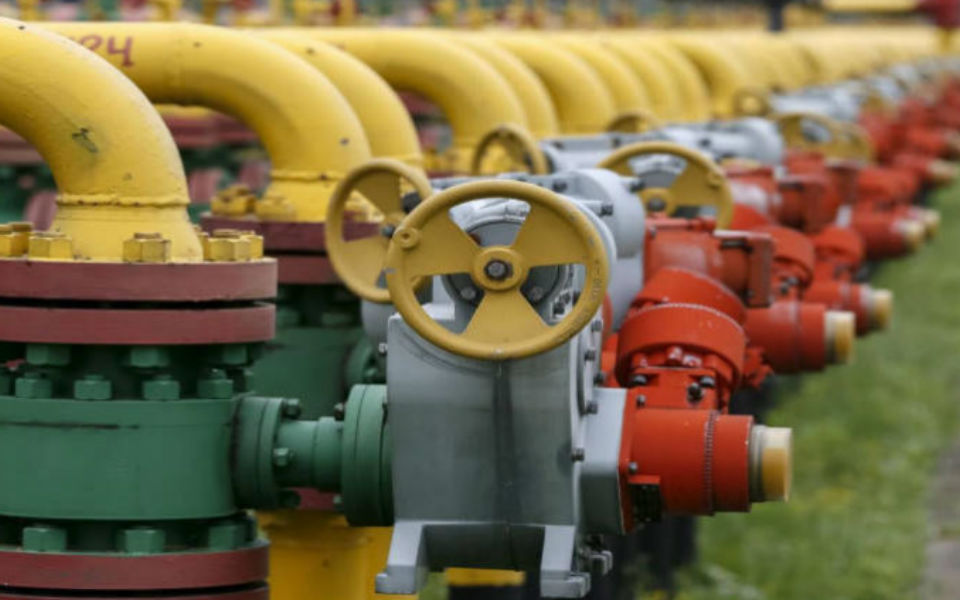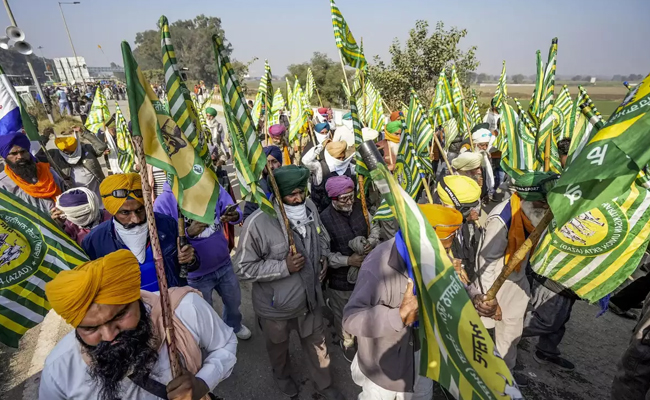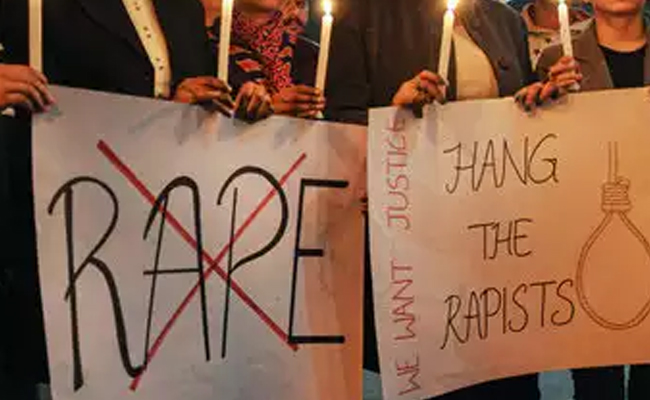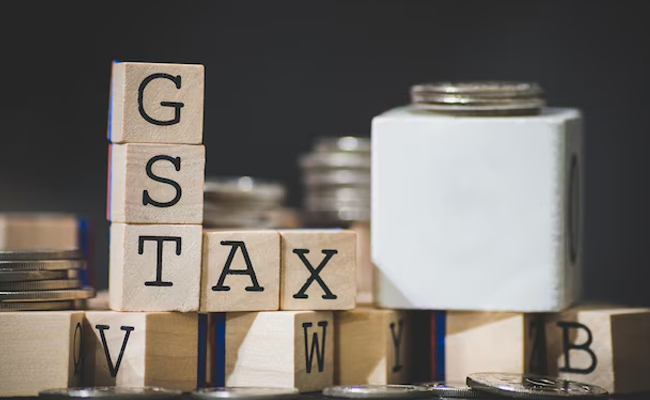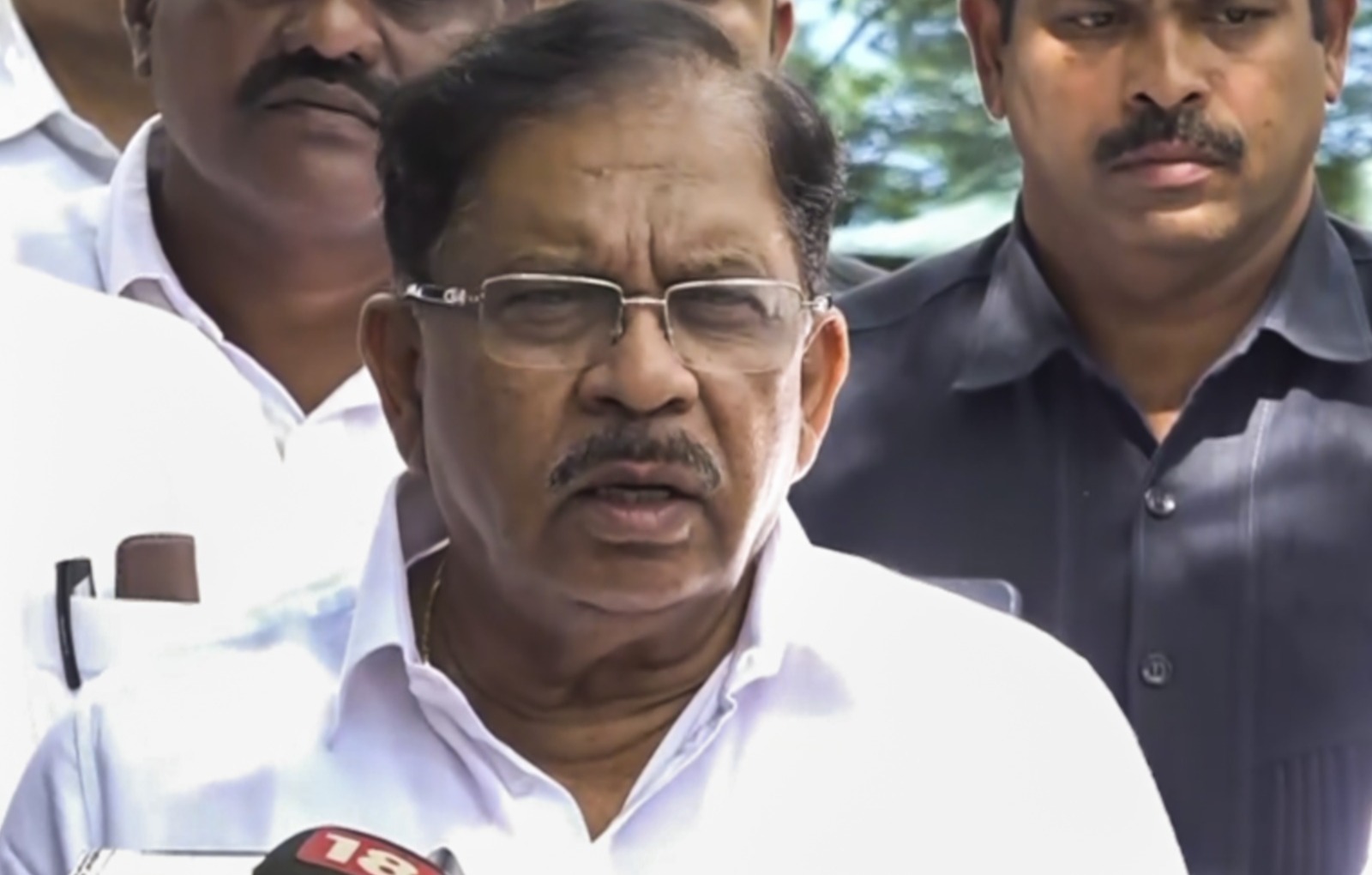New Delhi, May 8:In a major step towards ushering in a clean gas-based economy, India on Tuesday launched its biggest auction of city gas distribution (CGD) networks, offering permits for selling compressed and piped natural gas (CNG and PNG) in 86 geographical areas.
Awards from the 9th CGD licensing round would help bring gas coverage to 174 districts in 22 states and Union Territories, covering 29 per cent of the country's area and 24 percent of the population, said Union Petroleum Minister Dharmendra Pradhan launching the bidding round here.
According to the Petroleum and Natural Gas Regulatory Board (PNGRB), which organised a roadshow here to promote the auction, the ninth bid round is expected to attract investment of Rs 70,000 crore.
"This is the biggest step so far in CGD expansion, towards raising the gas share in the country's energy mix from 6.2 per cent to 15 per cent in a few years," Pradhan said.
So far, existing 91 geographical areas have been awarded to companies like Indraprastha Gas, GAIL Gas and Gujarat Gas, which cover 11 per cent of area and 19 per cent of the population.
The existing CGD networks are concentrated in the northern and western regions of the country.
"With this, the regulator is also acting as a facilitator for the CGD network," Pradhan said referring to the role of the PNGRB.
Changes have been made to the bidding conditions to facilitate greater return from the exercise. For instance, CGD networks have been granted status of utilities by the Union Labour Ministry.
Under the changed parameters, maximum weightage of 50 per cent has been given to the number of piped gas connections proposed in eight years from the date of authorisation, as against 30 per cent earlier.
The number of CNG dispensing stations proposed to be set up has been given 20 per cent weightage. Length of the pipeline to be laid in a geographical area, and the tariffs proposed for city gas and CNG have been granted 10 per cent weightage each.
Besides, there is a floor tariff of Rs 30 for city gas and Rs 2 per kg for CNG to prevent bidders from quoting unviable low tariffs.
Companies with net worth of not less than Rs 150 crore can bid for cities with a population of 50 lakh and more, while it is Rs 100 crore for cities with 20 lakh to 50 lakh population. Firms with Rs 5 crore net worth are eligible to bid for cities that have less than 10 lakh population.
Let the Truth be known. If you read VB and like VB, please be a VB Supporter and Help us deliver the Truth to one and all.
Patiala (PTI): A 55-year-old farmer protesting at the Shambhu border allegedly committed suicide on Thursday by consuming a poisonous substance, farmer leaders said, the second such incident at the agitation site within three weeks.
Resham Singh, who was from Pahuwind in Tarn Taran district, took the extreme step at the Shambhu border point between Punjab and Haryana where farmers have been protesting for almost a year now, pressing the Centre guarantees Minimum Support Price (MSP) for crops.
Resham Singh was taken to the Rajindra hospital in Patiala where he died, the farmers said.
Farmer leader Tejvir Singh said Resham Singh was upset with the Central government for not resolving the issues despite their protracted protest.
Another farmer, Ranjodh Singh, committed suicide at the Shambhu border on December 18.
Ranjodh Singh was distressed by the deteriorating health of farmer leader Jagjit Singh Dallewal (70), who has been on a fast-unto-death since November 26 at the Khanauri border.
Under the banner of Samyukta Kisan Morcha (Non-Political) and Kisan Mazdoor Morcha, farmers have been camping at Shambhu and Khanauri border points between Punjab and Haryana since February 13 after their march to Delhi was stopped by security forces

